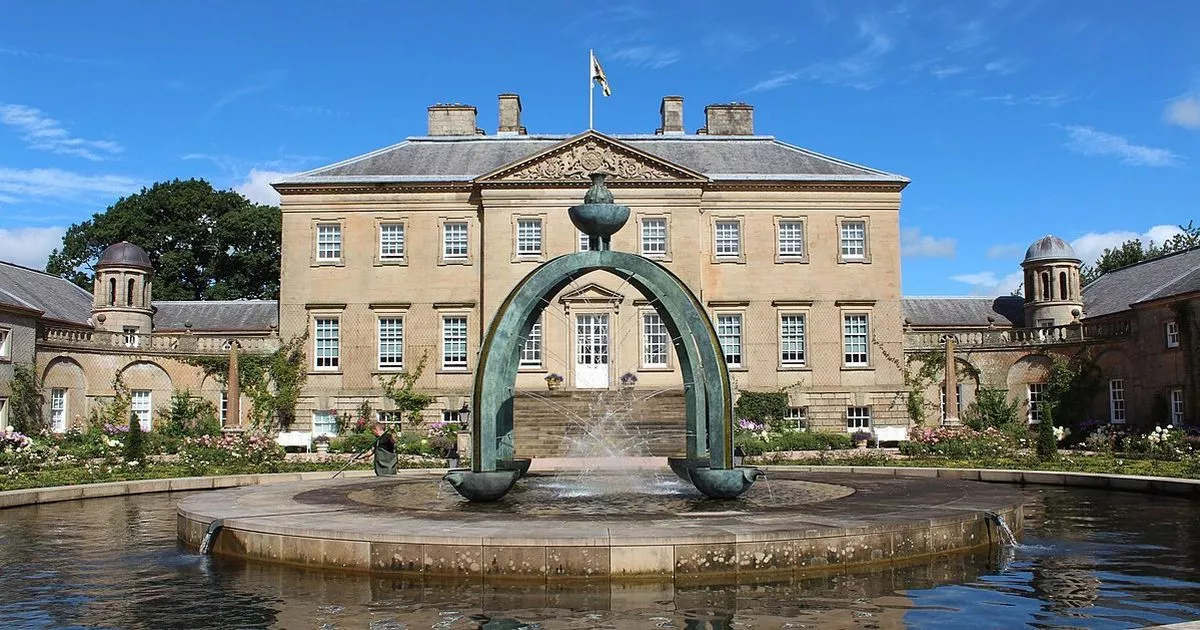By Kevin Dyson
Copyright insider

Income from an East Ayrshire ‘tourist tax’ would be dwarfed by similar schemes in neighbouring North and South Ayrshire.
East Ayrshire Council’s cabinet will hear that just £323,000 would be raised through the introduction of a visitor levy.
According to the report, the costs of setting up and running such a scheme locally would outweigh the potential benefits.
East Ayrshire accounted for just 6% of the total overnight accommodation revenue across Ayrshire in 2024.
The small scale of the local sector, officers stated, means the scheme would “generate little or no additional income” once costs were factored in.
Local businesses, particularly small and medium-sized operators, also voiced concerns through the East Ayrshire Tourism Network. Many highlighted rising costs of doing business and warned that the additional administrative burden could deter visitors and harm the sector.
East Ayrshire’s tourist industry is significantly smaller than its neighbours. In 2024, visitor accommodation revenue in the region was £9.2m.
This is around a tenth of the revenue in South Ayrshire over the same period (£94.2m) and £58.1m in North Ayrshire, based on current visitor numbers.
Annual estimated running costs of £190,000 together with set up costs of at least £110,000 has lead officers to recommend any plans are put on hold.
The new powers to implement a levy were put in place last year. The charge would apply to overnight stays in hotels, guesthouses, bed and breakfasts, hostels and self-catering accommodation, with the income ring-fenced for local infrastructure and visitor services.
While some councils, including Edinburgh and Glasgow, have moved ahead with plans to introduce levies, East Ayrshire is set to put any plans on hold until at least October 2027.
Similar opposition has been recorded elsewhere, with 79.5% of respondents to a South Ayrshire survey earlier this year stating they were opposed to a levy – despite the potential for significant investment.
Resistance has been even stronger in Orkney and Shetland, where more than 90% of residents rejected the proposals.
The Scottish Tourism Alliance has urged councils to hold back until the impact of Edinburgh’s scheme, due to begin in summer 2026, can be properly assessed.
In line with that advice, the report recommends revisiting the issue in two years’ time.
Council officers will also continue discussions with neighbouring authorities about the possibility of a regional approach, which they say could help spread costs and make a levy more sustainable.
Don’t miss the latest headlines with our twice-daily newsletter – sign up here for free.



